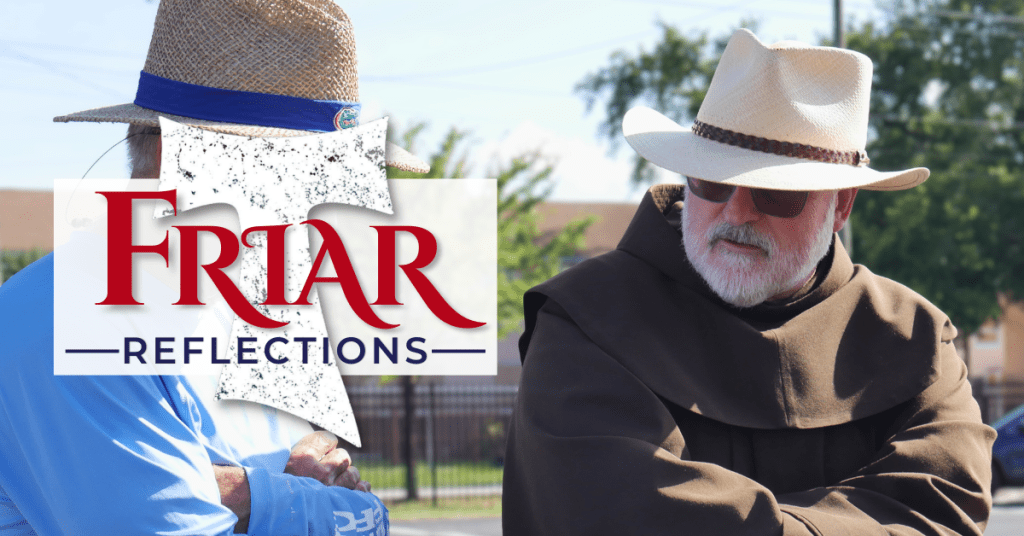
My Dear Friends,
In today’s Gospel, a scholar of the law asks Jesus a deeply human question: “What must I do to inherit eternal life?” Jesus, as he often does, turns the question back to the man—and through him, to us. “What is written in the law?” We already know the answer, to love God with all your heart, soul, strength, and mind, and love your neighbor as yourself.
But here’s the twist, the scholar wants to justify himself, so he asks, “And who is my neighbor?” It’s not just a question—it’s a test. It’s also something we sometimes ask ourselves, consciously or not, when love becomes inconvenient. Jesus responds with one of the most famous parables in all of Scripture: the story of the Good Samaritan. And in it, he flips every expectation on its head.
In the first reading this Sunday, Moses reminds the people that God’s command is not far off. “It is something very near to you… already in your mouths and in your hearts; you have only to carry it out.” Love of God and neighbor is not a distant theological theory—it is already embedded deep within us.
We often don’t need to be taught what to do; we need the grace and courage to do it. The priest and Levite in the parable knew the law—but they walked by. The Samaritan, despised and outcast, acted in mercy.
St. Paul lifts our eyes to Christ, “the image of the invisible God… in him all things hold together.” This passage from Colossians reminds us who Jesus is—not just a teacher of morality, but the divine Son who reconciles all things to himself. And here’s the mystery: this cosmic Christ, who holds the universe together, is the same one who stoops down to care for the wounded and forgotten. The Samaritan in the parable can be seen as an image of Christ himself—an outsider, moved with compassion, who tends to our wounds at great personal cost.
The parable forces us to confront some uncomfortable truths. The priest and Levite may have had religious reasons to avoid touching the man—ritual purity, safety, time constraints. But love isn’t about finding excuse- s; it’s about crossing the road.
Jesus chooses a Samaritan—a person considered impure and untrustworthy by the Jews—as the hero of the story. He challenges our assumptions of who is “in” and who is “out,” who is “worthy” of our love.
“Who is my neighbor?” is no longer the right question. Jesus flips it: “Which of these was neighbor to the man?” In other words, it’s not about defining the boundaries of love—it’s about becoming a neighbor. So the question for us becomes ‘how is Jesus calling us to cross the road?’
We cannot deny that God has written his law on our hearts. Christ has shown us what that love looks like. Now we are called to do likewise. Let us go and be neighbors—not only to those like us, but especially to those who are not.
Look, and really see the people around you. Stop, even for a moment, and give a kind word, a small gesture, or make a call. Bind wounds, with mercy, with time, and with love. The question isn’t “Who is my neighbor?” but rather, “How can I be a neighbor?” When you see someone lying by life’s roadside, remember that Jesus is calling us to cross the road and stop. Perhaps that’s why the chicken crossed the road as well!
Here at Sacred Heart we do a wonderful job in caring for and recognizing by name many of our homeless brothers and sisters who gather at the church each Sunday. Its an act of mercy we can all be proud of. May we have the courage and grace to be kind to all we meet. Amen.
Peace & All Good,
Fr. Zack




